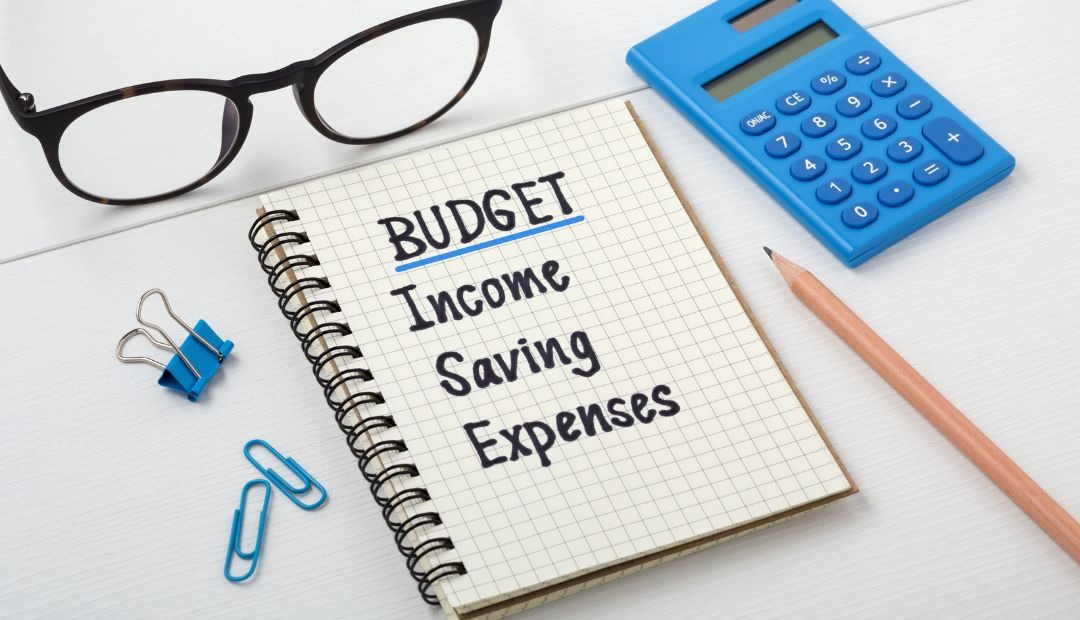Financial stability is an essential aspect of our lives, and creating a realistic monthly budget is a crucial step towards achieving it. Yet, the idea of budgeting can often be daunting and overwhelming. However, with proper planning and a clear understanding of your financial goals, you can develop an effective budget that aligns with your lifestyle and priorities.
In this blog post, we will guide you through the process of creating a realistic monthly budget that empowers you to take control of your finances.
Assess Your Income and Expenses
The first step in creating a realistic budget is to assess your income and expenses accurately. Begin by gathering all the necessary information, including your pay stubs, bank statements, and bills. Take into account all sources of income, such as your salary, freelance work, or any other additional sources of income. Similarly, identify and categorize your expenses, including fixed expenses like rent/mortgages, utilities, and debt payments, as well as variable expenses like groceries, entertainment, and dining out.
Prioritize Your Financial Goals
Once you have a clear understanding of your income and expenses, it's important to prioritize your financial goals. Determine what you want to achieve in the short-term and long-term. Your goals may include building an emergency fund, paying off debt, saving for a down payment, or planning for retirement. Assign a specific timeframe and a monetary value to each goal to make them measurable and achievable. Remember to be realistic and consider your current financial situation when setting your goals.
Track Your Spending
To create an effective budget, you need to track your spending. Start by keeping a record of your expenses for a few months. You can use a spreadsheet, a budgeting app, or simply a pen and paper. Categorize your expenses into different categories like housing, transportation, groceries, entertainment, and others. Tracking your spending will give you valuable insights into your spending habits and help you identify areas where you can make adjustments.
Differentiate Between Needs and Wants
Differentiating between needs and wants is crucial when creating a realistic budget. While it's essential to cover your basic needs like food, shelter, and transportation, it's equally important to distinguish between essential expenses and discretionary spending. Take a closer look at your expenses and identify areas where you can potentially cut back. For example, consider cooking at home more often instead of dining out or finding affordable alternatives for your entertainment activities. By prioritizing your needs and being mindful of your wants, you can make better financial decisions and allocate your resources more effectively.
Create a Budgeting Plan
Now that you have a clear picture of your income, expenses, and financial goals, it's time to create a budgeting plan. Start by allocating your income towards your needs and financial goals. Set aside a certain percentage for fixed expenses, such as rent/mortgage and utilities. Next, allocate a portion towards your financial goals, such as savings or debt repayment. Finally, assign a reasonable amount for discretionary spending, allowing yourself some flexibility and enjoyment. Remember to review and adjust your budget regularly as your income and expenses may change over time.
Track Your Budget and Make Adjustments
Creating a budget is just the first step. To make it truly effective, you need to track your budget regularly and make adjustments as necessary. Keep an eye on your spending and compare it to your budgeted amounts. If you notice that you're consistently overspending in certain categories, it may be necessary to reassess your budget and make necessary adjustments. Be flexible and willing to adapt your budget as circumstances change.
In conclusion
Creating a realistic budget is a vital tool for achieving financial stability and reaching your goals. By assessing your income and expenses, setting priorities, tracking your spending, and making necessary adjustments, you can take control of your finances and make informed financial decisions. Remember, budgeting is an ongoing process that requires diligence and flexibility. With determination and commitment, you can create a realistic budget that sets you on the path to financial success and empowers you to live a life of financial freedom and security. Start today and take the first step towards a brighter financial future.
Oxford at Tech Ridge Apartments in Austin, TX



